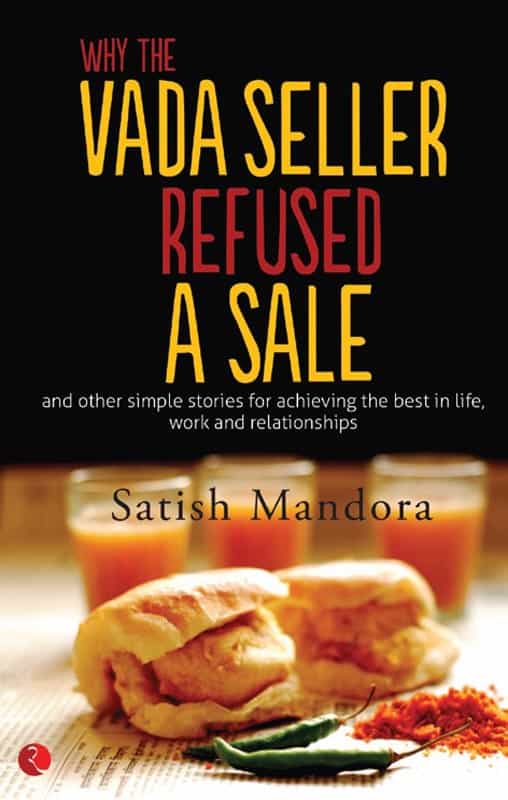WRITING STYLE: 3.5/5
ENTERTAINMENT QUOTIENT: 3.5/5
“Indeed, this life is a test. It is a test of many things – of our convictions and priorities, our faith and our faithfulness, our patience and our resilience, and in the end, our ultimate desires”. – Sheri L. Dew
Self-help books are like a magic wand nowadays with an expectation of delivering astronomical results in a short duration.
I have always wondered about their authenticity and promises, about why there is still poverty or as to why is there so much unemployment in the world?
The only thing every individual needed to do was read “You Can Win” and that would be it.*Sarcasm Intended*
Unfortunately, that’s not how life works, it’s harsh, it’s bitter, it’s unpredictable, it’s unreliable; life in itself can be a wonderful experience then why do we need someone else to guide us.
Maybe I am wrong but it’s my opinion that every experience is worth experiencing and maybe sometimes it can be a huge hassle, but it’s definitely worth living on its own.
The book “Why the Vada Seller Refused a Sale” though leads us to believe that it’s a collection of “simple stories” for achieving the best in life, work and relationships, the stories don’t seem like stories, more like a series of chunks from the life of the author.
Simple incidents with a subtle message towards leading a more soothing life.
The book is a collection of small chapters with varying themes, the best part of each chapter is the opening quotes at the start.
Mandora tries to remind us of all the small things which we have forgotten, that feeling of absolute happiness, through small chunks of his life he tries to remind us of the things we ignore, be it as small as putting work ahead overeating habits, eating food rather than savouring it, he has some really good lessons for the adolescents of our generation.
Mandora at one point in his book asks, “How many of you on your deathbed would say, ‘I wish I was in my office’?”; a simple question but with very ambiguous answers.
He tries to question the readers about how lost we are about our goals for the future. He emphasises the importance of inviting enthusiasm into our lives—a ‘great high’ which ‘if you can’t make it, fake it’ till the energy becomes a real part of your every day, he says.
He via his chucks of life, reminds us of things we have forgotten.
A child who calls a crow a singing bird is correct in her own imagination, by her own sense of music.
Or how important it is to ‘forget’ your phone at home when you go out for a family gathering, hence putting the people who are closer to you above people who are distantly connected to you, hence levitating their importance in your lives, or to know the difference between eating and savouring.
Or even to be aware of the subtle difference between discipline and compliance at work.
“Why the Vada Seller Refused a Sale” is a light read with some thought-provoking incidents in between chapters.
Final Word – Easy to chew through, with a slight touch of lessons for life. I hope that after reading, the reader actually is able to prioritise his life in order.
